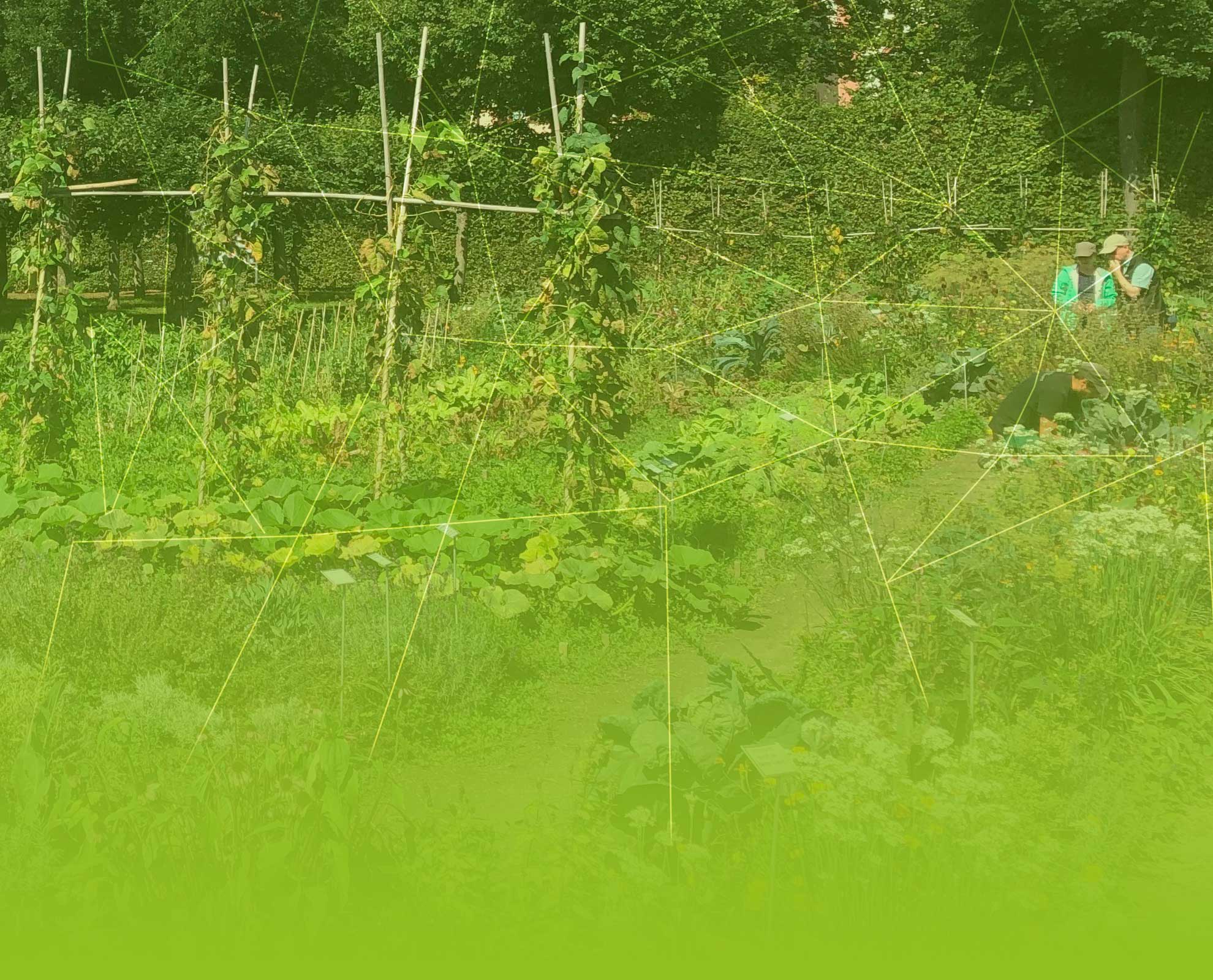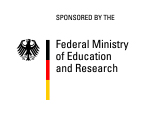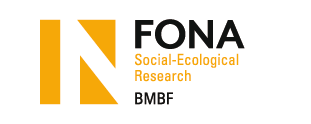Initial situation and research questions
Plastics are an important part of our life. The use of these materials occurs in almost all areas of our daily life, from packaging for food, medical and communication technology to technical applications e.g. in automobiles. Also the important guiding themes of the future like lightweight design or electric mobility are not imaginable without plastics. By far the major part of these plastics is based on fossil resources. The project BiNa is investigating an approach to realize the substitution of fossil resources in the plastic area within the framework of a required resource change. The path away from fossil resources is with regard to climate and resource aspects important but has to be taken with care.
Are bioplastics in production, use and at the end of the life cycle really more sustainable than the fossil competitors and which challenges are caused by the sustainability assessment? Which ecological potential provides the cascade use? What is the common level of knowledge of bioplastics and how does the general public assess the use of bioplastics? Which information mediums are effective, if the topic has to be communicated adequate for the customer? These and further question are in the focus of the research platform BiNa.
Discussion about bioplastics
At the moment is the discussion about bioplastics often more emotionally shaped rather than scientific based, which caused a controversial public debate for the meaningfulness of using bioplastics. This seems to be based on lacking information from science as well as an insufficient communication policy in combination with legal disputes of some consumer good companies for the introduction of bio-based (packaging) products. Therefore the opportunities and obstacles for the substitution of fossil plastics by bio-based plastics shall be examined in detail.
Establishment of a research platform
The research project enables a scientific based examination of the current status of bioplastics in all topics which are involved in the sustainable economy. On this basis a free accessible research platform for the establishment of bioplastics as part of the green economy in Germany is set up. Thereby the discussion about biomaterials shall be de-emotionalized and a fact based basis for decision-making be established.
The work will be conducted in a consortium with a broad expertise and be focused on the aspects of ecological and socio-economic sustainability of bioplastics as well as the opportunities and obstacles which occur for the communication and commercialization of these materials. Within the framework of the research platform the aim is on a close exchange with industry, science, population and politics, to improve the level of information of the different stakeholder for bioplastics. The integration of industry (cooperating industry partner are at the moment FKuR Kunststoff GmbH, Möbius+Ruppert KG, BeoPlast Besgen GmbH and memo AG) enables an evaluation of the developed strategies and methods in step with actual practice. The research platform is coordinated by Prof. Dr.-Ing. Hans-Josef Endres head of the IfBB – Institute for Bioplastics and Biocomposites of the Hochschule Hannover (HsH). B.A.U.M. e.V. is responsible for the external project communication and the organisation of workshops and project events. Further involved partners on research level are: the division "Media, Information and Design" of the HsH with Prof. Dr. Wiebke Möhring, Fraunhofer Institute for Building Physics - Life Cycle Engineering Department with Dr.-Ing. Stefan Albrecht, the Chair of Marketing and Management of Biogenic Resources of University of Applied Sciences Weihenstephan-Triesdorf with Prof. Dr. Klaus Menrad and the Institute for Machine Tools and Production Technology (IWF) of the Technical University of Braunschweig with Prof. Dr.-Ing. Christoph Herrmann. BiNa is accompanied by an advisory board with EuropeanBioplastics e.V. and WWF Deutschland. The project is part of the research priority “social-ecological research” within the funding initiative “sustainable economy” of the BMBF.
Prof. Dr.-Ing. Hans-Josef Endres, Hochschule Hannover IfBB (Institut für Biokunststoffe und Bioverbundwerkstoffe)




